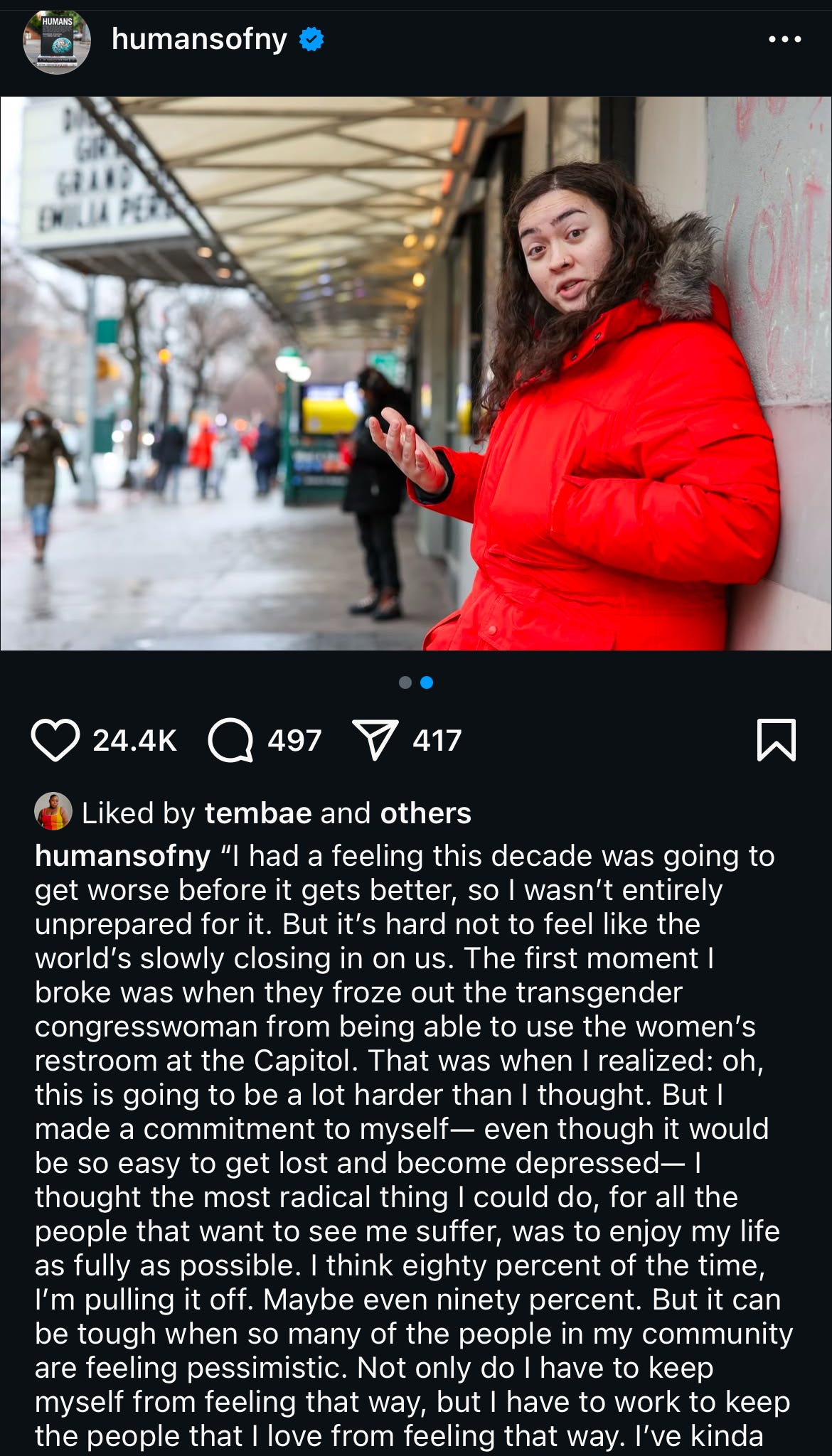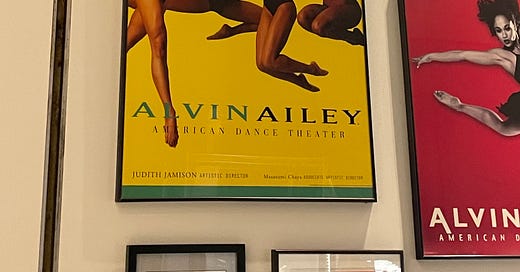I didn’t grow up dancing, but I have chosen to learn. It speaks to an innate something in my bones, though in a new language; the flow state I once relied on in athletic competition now appears in small shocks to the system. Ephemeral moments that remind me of where I have been before, and where I can reach once again after thousands of hours.
I don’t have much stamina past one hour and a bit when it comes to dance. Learning choreography, when I’m improperly prepared, can cause my head to spin. It takes a great deal of commitment, humility, and courage to turn and kick and roll your hips as best you can, when you know your best is a beat or two behind what it looked like from the instructor’s example. You’re ready to conquer the dance floor, and then a second later an added pirouette can cause you to stumble and question your ability to keep up with the room.
But I long to learn. I pursued and excelled in other interests growing up, and truly believe my late twenties are the earliest possible moment I could bring the child I once was to the studio. She wonders often if she should even exist at all anymore, in the face of a now grown woman. There’s no one to blame for the past, and there’s no sense in imagining it differently. I can only move forward with grace, knowing that I am not one to leave a stone unturned when it comes to nourishing my soul. And so I learn.
I am failing constantly, but I pay attention to the musicality of other dancers, the techniques running in slow motion in my mind, understanding that everything moves increasingly rapid the more anxious you become. In reality, the movements are at a pace palatable enough for my fears to be overcome yet another day. I float on the train home with my friend Catherine singing the song we just danced each week with a surge of blissful release.
—
For half of my life, women have celebrated progress. For the other half, we have desperately tried to weigh it down with sandbags so as not to blow away in the wind of conservative powers. The politics of our body and voice are attacked the second we gain new ground, a step forward met with a shove backward.
In a relative sense, I don’t know if we’re doing better or worse than we have before. (RELATIVE!! It’s clear to me on absolute terms there’s been worse.) I am, however, understanding these first 120 days of quick-fire executive actions as a tactic to breed a sense of despair and helplessness in the hopes of paralyzing any opposition.
Ezra Klein directed our attention this week to what Steve Bannon coined “muzzle velocity”, and while I would rather link the video to his NYT Opinion than paraphrase what he so eloquently presented, the biggest takeaway of his argument was that the velocity of this administration does not equate to its effectiveness, despite what the Oval Office may argue. Congresswoman Ocasio-Cortez added to the discourse in her 90-minute Instagram live, reminding us to take one piece of information at a time and do our best to connect the dots of headlines and policy changes and culture. It is a battle to be an engaged citizen, but it is a worthy fight.
Everything moves fast when you’re trying to get a grip. I wonder, then, if we focus our attention on their actions in relation to how we can counter, how we can move ahead rather than fall on the back foot in disgust and awe — would we be more confident in our agency? Would we organize more frequently, or stare down the barrel with stronger conviction?
We cannot change many of the actions of political opponents, nor those of the public that believe their hate and prejudice to be protected by the law. However they may try, though, the genies of progress — of love, and symbiosis — will never be shoved back into their bottles. And they’re trying really hard right now!!!
“Finding ways to appreciate advances without embracing complacency is a delicate task. .. saying that everything is fine or that it will never get any better are ways of going nowhere or of making it impossible to go anywhere. Either approach implies that there is no road out or that, if there is, you don’t need to or can’t go down it. You can. We have.”
Rebecca Solnit, Men Explain Things to Me
Activist and anthropologist David Graeber has said “Rebel armies of the past were not primarily seizures of power in a single regime, but ruptures in which new ideas and institutions were born, the impact spreading.” That is what our work must aim for: ruptures. The impacts that have brought us closer to acceptance and autonomy and joyful living for womxn, people of color, queer people, immigrants — whether they know it or not, men — are from a long lineage of history. We existed and fought, commiserated and collaborated. Most importantly, we believed, consequentially revolutionizing the trajectory of society even when we didn’t seize a lick of power. Our legacy has found a place in the light, and we must find ways as a collective for it to remain… in and outside of authority.
Conservatives and their small-minded oligarchy are trying to reassemble a world order that never existed quite as they imagine it had. That bubble could only live at the expense of people forced into invisibility and silence. And in the face of all they have thrown at us, across time, we have learned to dance.

ICYMI








